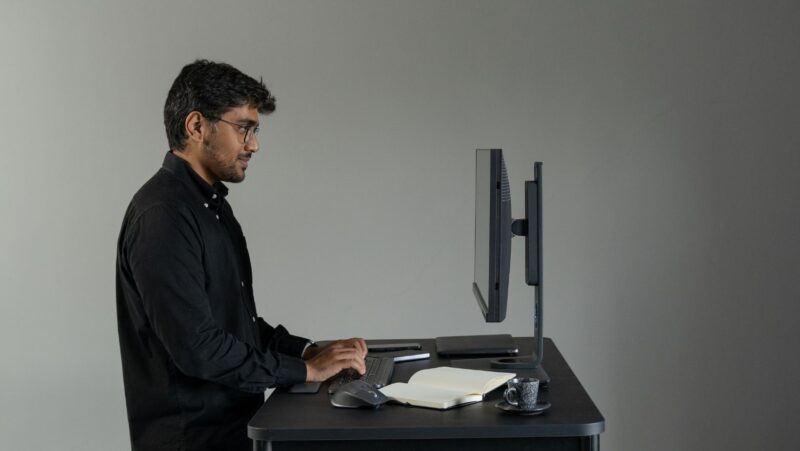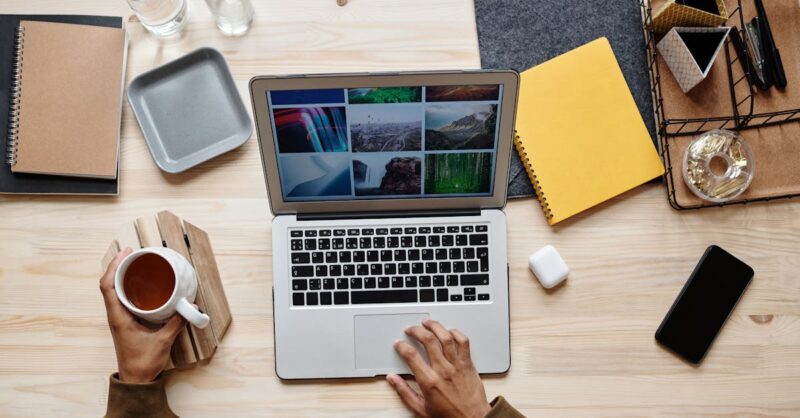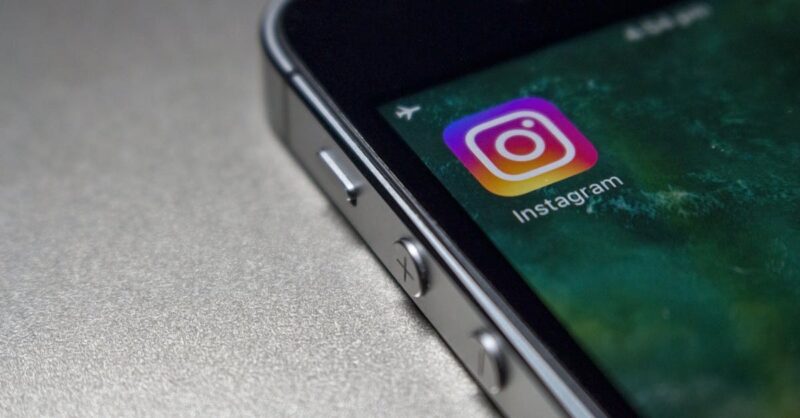
In the modern digital age, cybersecurity has become an essential part of daily life. From checking emails to managing finances, most of our activities now take place online. While the internet offers convenience and global connectivity, it also presents risks: data breaches, identity theft, malware attacks, and surveillance have become everyday threats.
This makes it more important than ever to understand how to protect yourself. One of the simplest and most effective tools individuals can use is a VPN. But before we get into that, let’s explore what cybersecurity really means and why it’s relevant to everyone—not just businesses and tech experts.
Understanding Cybersecurity in 2025
Cybersecurity is the practice of protecting systems, networks, and data from digital threats. These threats come in many forms—hackers breaking into private accounts, scammers tricking users into giving up personal information, or malware stealing files behind the scenes.
Over the past few years, cyber threats have evolved significantly. It’s no longer just about avoiding shady websites. Cybercriminals now use social engineering, advanced malware, and even artificial intelligence to exploit vulnerabilities. These attacks are often hard to detect and even harder to reverse once damage is done.
For businesses, the stakes are high—customer trust and financial data are on the line. For individuals, the threats may seem smaller, but they’re no less serious. Something as simple as using public Wi-Fi without protection can expose your personal emails, bank details, and more.
Everyday Cybersecurity Threats You Should Know About
Let’s look at some of the most common threats people face online:
1. Phishing Emails
Scammers send emails that look legitimate to trick you into clicking links or entering passwords. These emails can even appear to come from your bank or a familiar service.
2. Data Theft Over Public Networks
When you connect to unsecured Wi-Fi (like at cafes, hotels, or airports), it’s possible for attackers to intercept your data—including passwords and private messages.
3. Malware and Spyware
Malicious software can be unknowingly installed on your device through downloads or fake ads. Once installed, it can record your keystrokes, steal files, or watch your activities silently.
4. Tracking and Surveillance
Many websites and apps track your location, behavior, and preferences. This data can be used for advertising, sold to third parties, or even misused if leaked or stolen.
The Growing Role of VPNs in Personal Security
While there are many tools and habits that can help improve cybersecurity—like strong passwords, two-factor authentication, and antivirus software—one powerful yet often overlooked solution is a Virtual Private Network, or VPN.
A VPN works by creating a secure tunnel between your device and the internet. It encrypts your data and hides your IP address, making it much harder for hackers, advertisers, or government agencies to monitor your online activity.
People often associate VPNs with tech-savvy users, but they’re actually useful for anyone who spends time online. Whether you’re working remotely, streaming content, or just browsing, a VPN adds a vital layer of privacy.
Why a Free VPN Can Make a Big Difference
You don’t necessarily need to pay for extra protection. Many reputable services offer free vpn options that provide essential features like data encryption and IP masking—perfect for everyday users who want to stay safe without adding another subscription.
For example, Planet VPN offers a secure and easy-to-use free vpn service that allows users to browse the web anonymously, protect their data on public Wi-Fi, and access websites without geo-restrictions. It’s a practical solution for anyone concerned about digital privacy but not ready to commit to a paid plan.
Unlike some other free tools that might limit your bandwidth or show intrusive ads, Planet VPN focuses on maintaining a balance between usability and protection. It’s a simple first step into the world of cybersecurity—and often all that’s needed for casual users who want to stay safe online.
Ideal Practices for Staying Safe Online
Using a VPN is one layer of defense, but good cybersecurity is built on a combination of smart practices. Here are a few habits to help protect yourself in today’s connected world:
1. Update Your Software
Always install updates for your operating system, apps, and browser. These often contain important security patches that fix vulnerabilities hackers exploit.
2. Use Strong, Unique Passwords
Avoid using the same password across different accounts. Consider a password manager to help generate and store secure passwords.
3. Be Cautious on Public Wi-Fi
Avoid entering sensitive information when connected to open Wi-Fi networks—unless you’re using a VPN.
4. Enable Two-Factor Authentication (2FA)
2FA adds an extra step when logging in, making it much harder for attackers to access your account even if they have your password.
5. Think Before You Click
Be skeptical of unsolicited messages, links, and downloads—even if they look like they come from someone you know.
Cybersecurity Is a Shared Responsibility
In the past, cybersecurity was mostly seen as the job of IT professionals. But today, it’s everyone’s responsibility. The devices we use, the websites we visit, and the information we share—all create opportunities for cyber threats. That means each of us has a role to play in keeping our digital lives secure.
Thankfully, it doesn’t require expensive tools or deep technical knowledge. Starting with a free vpn, practicing good password hygiene, and staying aware of common scams can go a long way toward protecting your personal data.
Final Thoughts
As the digital world continues to grow, so do the threats that come with it. But you don’t have to be an expert to stay protected. With a little awareness and the right tools, anyone can improve their cybersecurity.
Using a free VPN like Planet VPN is one simple, effective way to enhance your online privacy. It shields your data from prying eyes, keeps your location anonymous, and helps create a safer browsing experience—whether you’re at home or on the go.
Cybersecurity isn’t just about avoiding danger. It’s about feeling confident and in control of your digital life.







